Basil is a familiar herb in the daily meals of Vietnamese people. Not only is it a spice, basil is also known as a medicinal herb. So, what are the effects of basil?
What is basil? Characteristics of basil
To find out about the question "What are the effects of basil?" we first need to learn about the origin of basil as well as the characteristics of this herb.
What is basil?
Basil is a familiar herb in Southeast Asia in general and Vietnam in particular. Basil's scientific name is Ocimum basilicum. This vegetable has many varieties with colors, leaf shapes and colors so you can choose many different ways to use and prepare it.
Characteristics of basil
In Vietnam, basil is also known as dog basil, é, thai basil and cinnamon basil. Basil is a perennial herb. The height of basil is usually between 50-60cm. Basil leaves grow opposite and have petioles, the leaf blades are long and tapered, very light purple-black or green. Basil flowers are white or slightly purple and grow in branches.
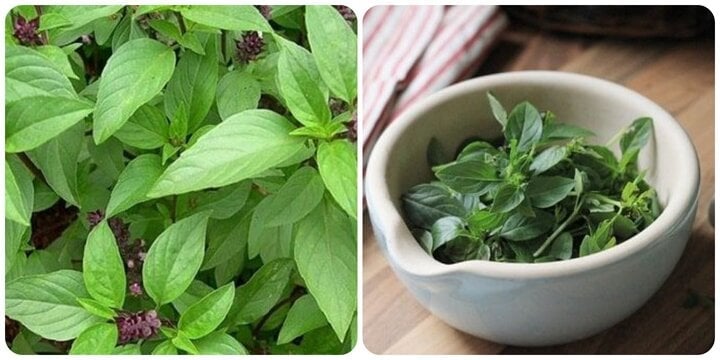
What are the effects of basil? This is a concern of many people.
Basil is commonly grown in tropical countries and is used in meals as a spice, even processed into drinks.
What are the effects of basil?
According to American nutritionist Gillian Culbertson, basil contains many compounds and nutrients that can help prevent chronic diseases including cancer, heart disease, arthritis and diabetes, according to the Women's Law newspaper, citing the Health Cleveland Clinic.
In addition, basil also has anti-inflammatory, antibacterial properties and can also improve your mental health. The effects of basil will depend on the form of use as well as the type of basil you choose.
Below are the effects of basil that make this herb known as a "miracle drug":
Basil helps prevent cancer
Studies have shown that basil essential oil is effective in preventing certain cancers. Sweet basil has been shown to inhibit the growth of colon cancer cells in humans.
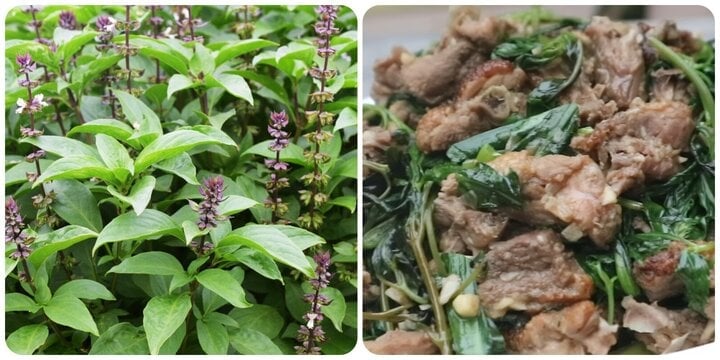
Basil can be made into many delicious dishes.
Additionally, studies have shown that leaf extracts from six different types of basil have anti-cancer properties. Basil helps to inhibit the growth of cancer cells and kill cancer cells.
According to expert Ullbertson, there is increasing evidence that basil is a very effective cancer prevention tool, but more research on humans is needed to confirm this result, according to the Women's Law newspaper, citing the Health Cleveland Clinic.
Basil helps control cholesterol and blood pressure
According to traditional Chinese medicine practitioners, basil also helps reduce high blood pressure and improve cholesterol levels.
Helps improve blood sugar
According to medical experts, basil contains substances that support the activity of beta cells in the pancreas, helping to increase insulin sensitivity and reduce blood sugar. Therefore, basil can be used effectively in the treatment of diabetes.
Headache relief
Basil is also effective in reducing headaches and vestibular symptoms.
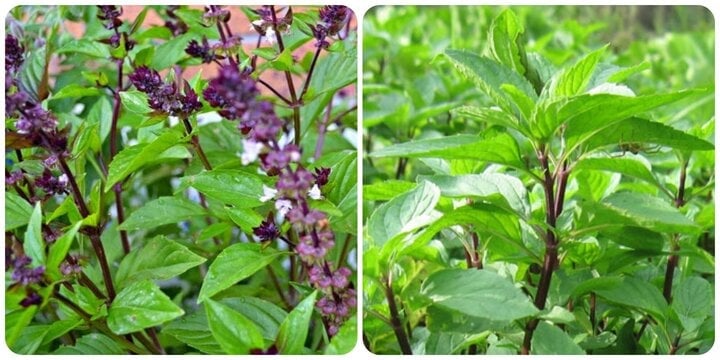
Basil is very easy to grow.
According to experts, steam inhalation with basil essential oil can help treat headaches and reduce unpleasant symptoms such as nausea and dizziness. In addition, basil leaves can also be used in the form of a drink mixed with sugar.
Boost your immune system
Basil is rich in nutrients, vitamins and minerals. When eaten raw, it can enhance the body's immune function. Combining basil with honey can have a significant immune-boosting effect.
Prevention and support for diabetes treatment
Basil contains substances that support the activity of beta cells in the pancreas, helping to increase insulin sensitivity and reduce blood sugar. Therefore, it can be used effectively in the treatment of diabetes.
Is eating basil good for your health?
According to the above analysis, basil is very good for health. According to medical experts, basil contains many nutrients, minerals and vitamins including potassium, calcium, vitamin K, vitamin A and vitamin C.
However, it is necessary to supplement basil reasonably. Experts advise that you should absolutely not supplement too much basil in your daily diet. In addition, if you want to change your diet with basil, you need to consult a medical expert before doing so.
Above is information to answer the question "What are the effects of basil?". Most studies have shown that basil has many health benefits if you supplement it regularly and properly.
Source









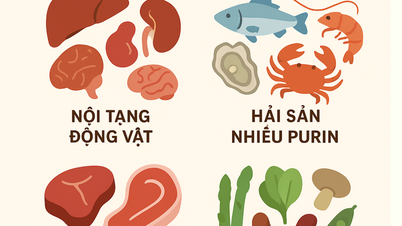



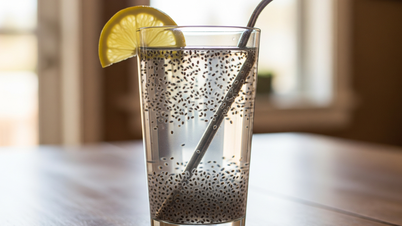














































































Comment (0)